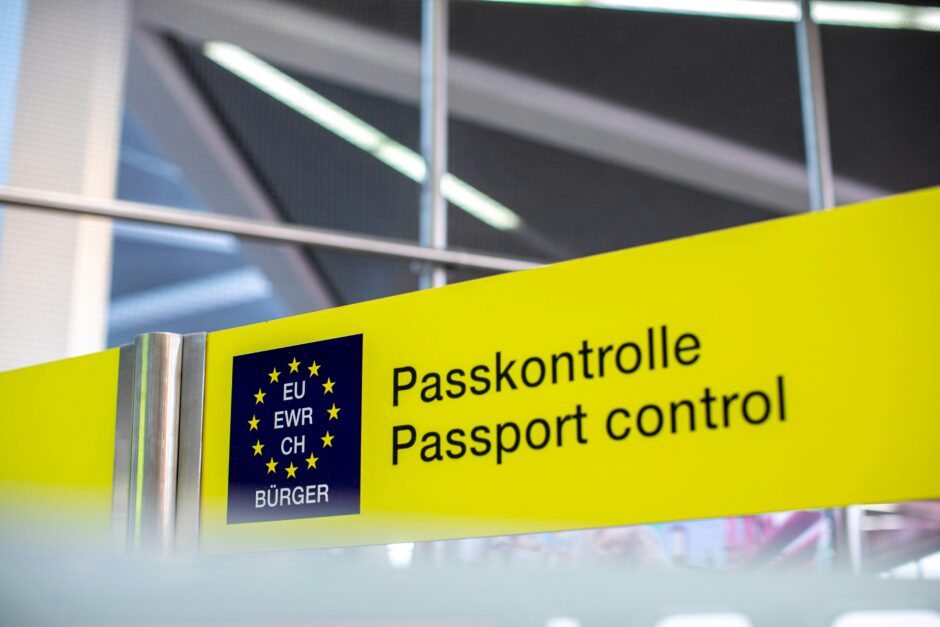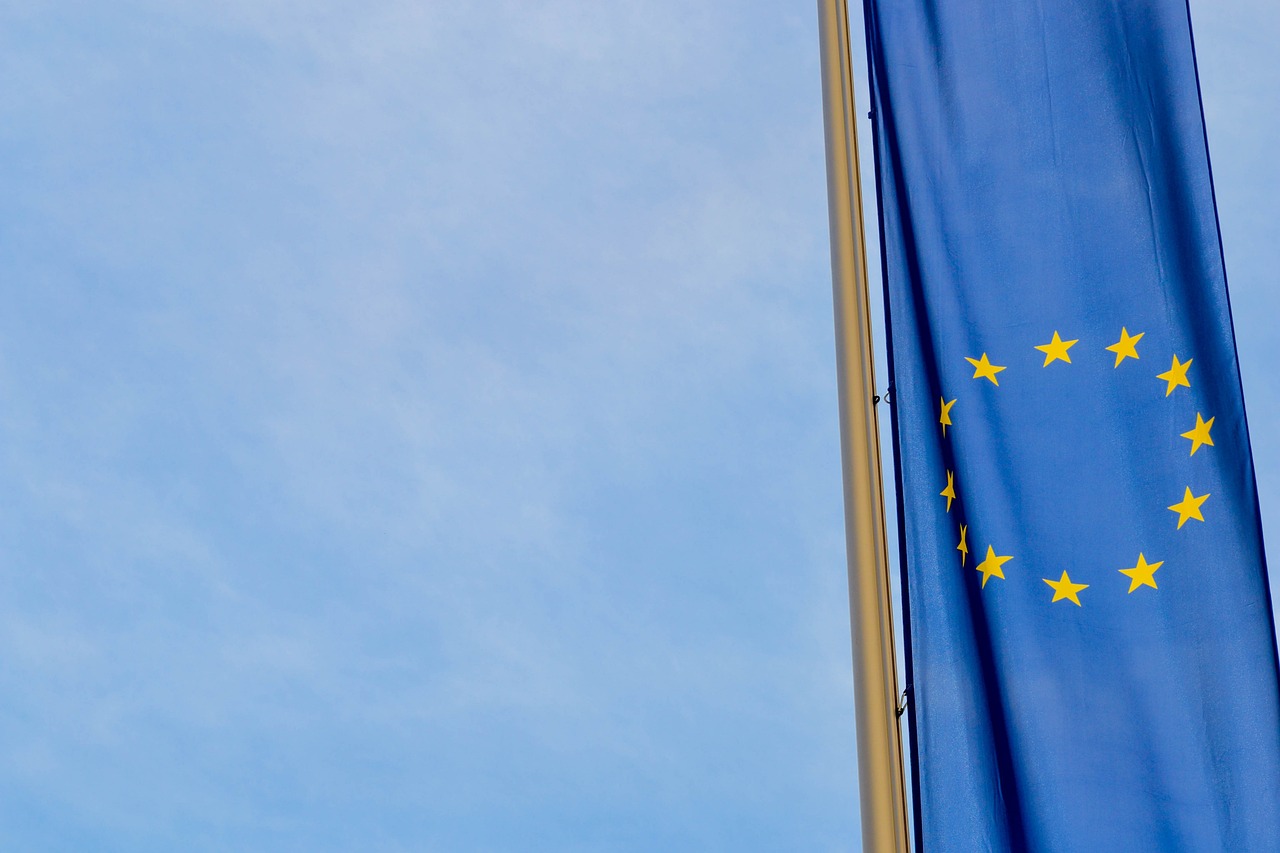After the Dutch general elections on November 22nd last year, Europe witnessed once again a right-wing populist political party rising to power. The Partij voor de Vrijheid (PVV), a party that promotes the Netherlands’ exit from the EU (NEXIT) and the prohibition of mosques and the Quran, won the elections with 23,6%. According to political analysts, this election was strongly shaped by anti-establishment votes and an anti-Muslim wave. Geert Wilders, leader of the party, who has publicly insulted minorities, has a great chance to become the next prime minister of a significant EU country. Migration being the number one topic in current public debates and anti-pluralist parties which are known for their anti-migration policies, such as the Alternative für Deutschland (AFD) in Germany or the Freiheitliche Partei Österreich (FPÖ) in Austria, being on the rise across Europe have both created a divided political scene. In Sweden, Finland and Italy, parties promoting anti-migrant policies recently made it into office or are significantly influencing the political agendas of minority governments. One of the most salient arguments against migration brought up by these parties is the narrative that migrants would exploit the welfare state and only leave their home countries for free money in Europe. This is backed up by the welfare magnet hypothesis, which claims that peoples’ decisions to migrate to a specific country is shaped by the country’s generosity of the welfare system. However, studies have proven this to be wrong, by showing that migrants’ reasons for choosing a specific country to migrate to is much more diverse and significantly benefits the country of destination.
The welfare magnet hypothesis
The magnet which supposedly attracts these human beings that anti-pluralist parties do not want in their countries, accounts 744 SEK in Sweden. According to Migrationsverket, this is the amount of money an asylum seeker can receive monthly in Sweden in addition to their accommodation and food. Besides the fact that asylum seekers cannot freely decide what to have for breakfast, lunch and dinner, they have to cover their monthly expenses including clothes, personal health care products and other consumer goods with only 744 SEK. Therefore, they navigate a tight budget while the debate rages on about too high state expenditures for asylum seekers pulling migrants into the country, as the welfare magnet hypothesis argues. This concept assumes that generous state support serves as a beacon for immigration, yet this perspective often fails to consider the restrictive reality of such support. The welfare state hypothesis, often cited to support arguments for stricter migration laws, is yet only a hypothesis. The study most cited to underscore this hypothesis is a working paper of Princeton University, investigating migration streams to Denmark. The social services for immigrants from non-EU countries adapted after three government changes from either a right-wing or a left-wing government. In the years after lowering social services, the authors calculated that immigration from these countries decreased by around 5,000 people a year – almost half of what it had been in previous years. When a center-left government reversed the cuts in 2012, the numbers rose again to the same extent, before falling again after another cut in 2015. Thus, the Princeton paper suggests that people migrate to Denmark because of the welfare benefits, which might seem like a reasonable explanation at a first glance. However, it fails to address other factors, such as the personal reasons of refugees and migrants that might influence the decision.
Changing the narrative
Considering the myriad voices of those who have migrated to Europe, it becomes clear that their journeys are influenced by a diverse set of factors. When the media and politicians single out financial incentives as the primary attractors to destination countries, they overlook the diverse and nuanced reasons, such as socio-political factors. Some may decide to migrate to a specific country based on the presence of relatives and friends in this country, while others may be drawn by European values and fundamental freedoms such as freedom of speech, political stability and the chance to shape their lives as they wish. However, not only far right-wing parties such as the AFD in Germany question current social expenditures for asylum seekers and migration in general. Even the German Interior Minister and social democrat Nancy Faeser has set a harsher tone towards migration, pushing for an expansion of safe countries of origin, starting with Moldova and Georgia. According to several non-governmental organizations, such as Pro Asyl, allowing deportation to two countries partly occupied by Russia might put asylum seekers that belong to the LGBTQIA+ community in danger.

These are not the only negative side effects caused by the current migration narrative. The welfare state hypothesis narrative misses to address the core issues of our time. While it is a valid discussion to determine the appropriate financial support for refugees and migrants for basic living and integration, populist arguments that merely scratch at the dignity of these people fail to address our substantial challenges. Germany, for instance, needs 400,000 skilled workers annually to address the grand challenge of an aging society. Considering that it takes five years for half of the refugees to enter the workforce, discussions about lowering the financial support for these people are not productive. Conversely, in order to tackle this significant challenge, policies should facilitate language learning for migrants, both in educational settings and on the job. We should rather leverage these individuals’ capabilities than discourage them from migrating to Europe. We are in need of a different narrative, which is rather promoting systemic migration to Europe instead of conflicting it.


